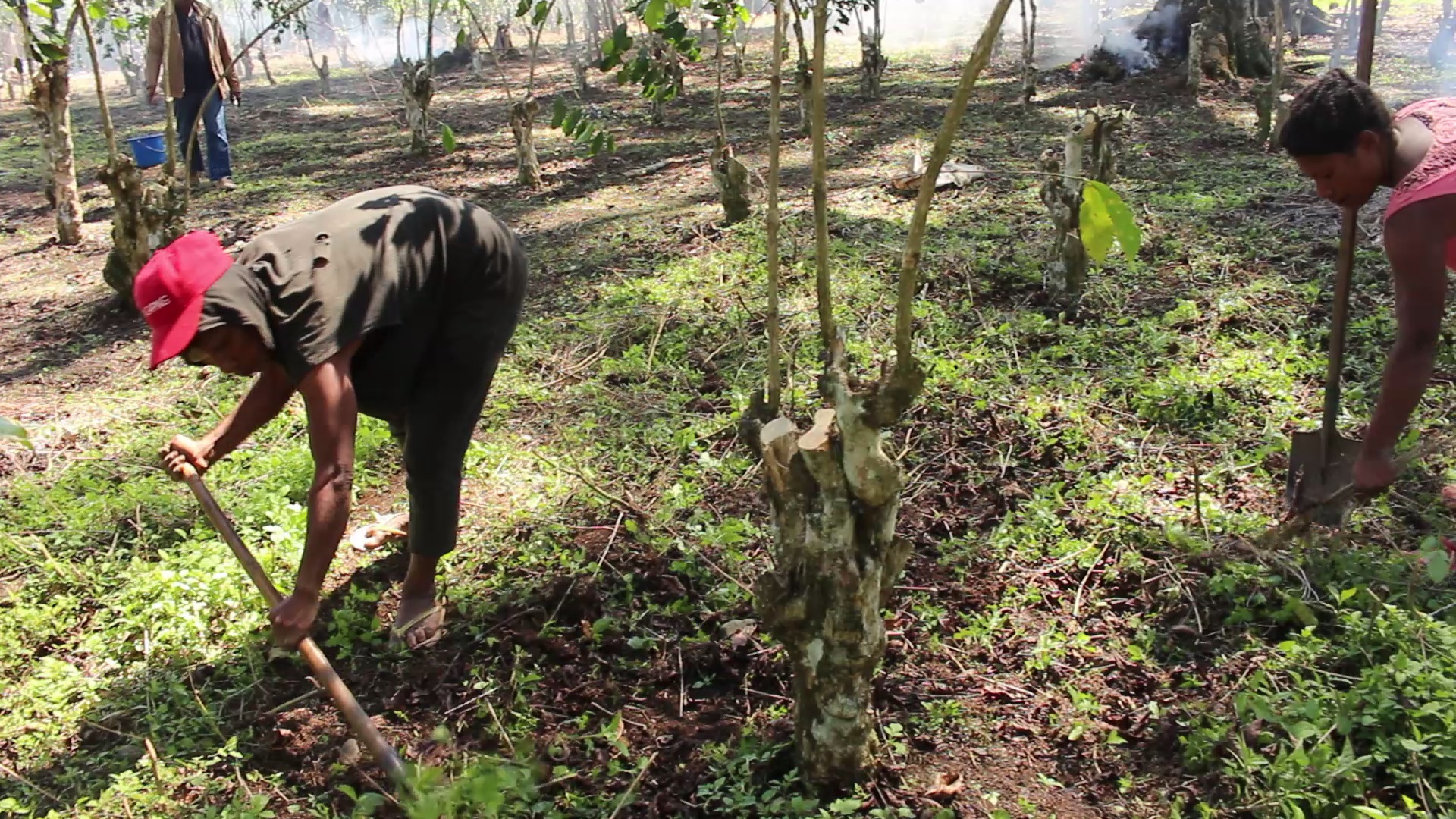It is impossible for Papua New Guinea (PNG) to forget Agriculture and focus on other sectors of the economy when the economy has been sustained by agriculture since pre-independence.
Agriculture plays a critical role in the entire life of PNG’s economy and is the backbone of the economic system of the nation.
Below are 10 facts highlighting why Agriculture is still important to PNG’s economy:
- Per Capita Income Main Contributor
Subsistence agriculture is the main economic activity for about 90 percent of PNG’s rural population hence it is the main contributor of per capita income to the rural dwellers. An increase in agricultural production through support given by government, per-capita income will rise in rural communities empowering rural population economically.
“Increase in agricultural production and the rise in the per-capita income of the rural community, together with the industrialisation and urbanisation, lead to an increased demand in industrial production”-Dr. Bright Singh.
- Supports Non-agricultural sectors
PNG has been undoubtedly titled ‘a mining state’ by the Mineral Resources Authority; however, agriculture is needed to source food and raw materials to the mineral sector. All non-agricultural sectors of the economy will draw food and raw materials from Agricultural industries.
- Enabled Purchasing Power
Creating demand for goods produced in non-agricultural sectors, by the rural people on the strength of the purchasing power, earned by them on selling the marketable surplus.
- Investment
Agriculture provides investable surplus in the form of savings and taxes to be invested in non-agricultural sector.
- Employment
Agriculture provides employment to a vast army of uneducated, backward and unskilled labour. As a matter of fact, if the process of economic development is to be initiated and made self-sustaining, it must begin with the agricultural sector.
- Contribution to National Income
Exports of agricultural products bring in foreign currencies which are important for PNG’s trade with other countries. Foreign exchange situation is needed for the financing of imports of basic and essential capital goods. In 2009, the gross domestic product (GDP) was US$7,893 million of which agriculture accounted for 36 percent.
- Source of Food Supply
Agriculture is the basic source of food supply of all the countries of the world—whether underdeveloped, developing or even developed. If PNG can feed its own population, it will surely save economic costs on imported food, hence improve the National threshold. PNG’s population will jump from 8 million to approximately 17 million (PNG’s population growth rate is 2.1 percent per annum) by 2050. Farmers will need to double food production by then to keep pace.
- Economic Active Population
In 2009, of the 6.7 million people, the total population economically active in agriculture sector alone was 2.65 million Papua New Guineans. This amounts to 70 percent of the economically active population by then and makes agriculture the largest contributor to PNG’s economy in terms of Gross Domestic Product (GDP).
- PNG has a Role to Play Globally
The World Resources Institute report on Creating a Sustainable Food Future estimates that we need about 70% more food in 2050 than we have today in order to provide every one of the 9.6 billion world population with a daily intake of 3,000 calories. It is a huge challenge, but unlike other sustainability challenges, everyone can play a part in the solution.


